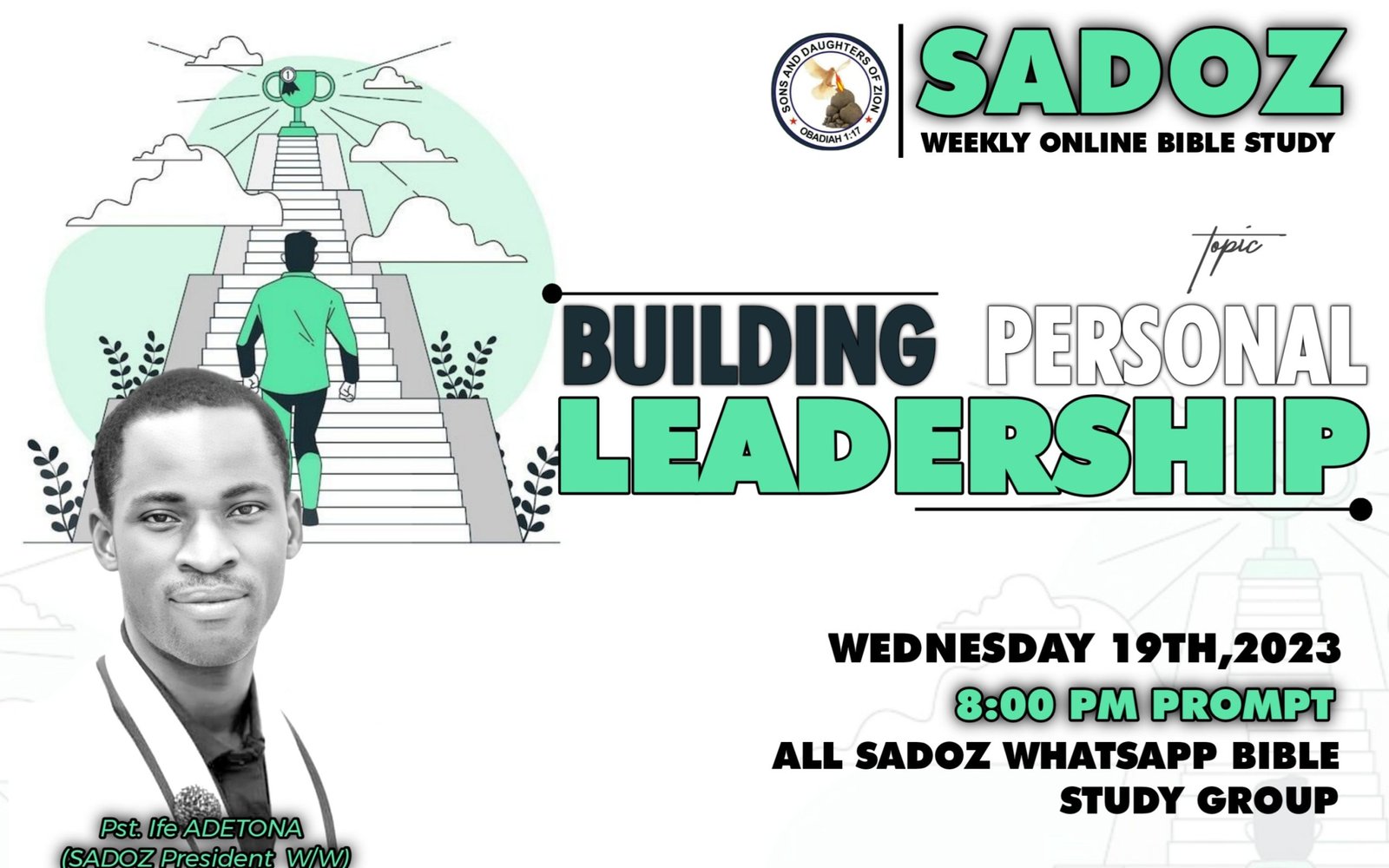I made a post lately where I asked a harmless and sincere question about “talk-singing”. It seems rampant these days that I really felt I was the odd one. I actually told myself: “If people didn’t enjoy it, why is it common? Ife, you are the odd one here.” But people’s comments revealed that many share the same sentiment. We can safely say, 70% of any audience does not enjoy it. And that’s big.
The aim was never to gaslight any person, people or ministry. Anyone could see that. My opinion is mine, it’s not a rule or a verdict on any ministry. Likewise, the opinions of people that commented underneath. Thus far, those opinions are both genuine and sincere. Every profession must get feedback from those it serves in other to improve. That’s why mobile apps chase us around for ratings and comments. If constructive criticism did not build us, what will? Music switches a person to an aura, atmosphere and mood both physically and spiritually. Anything unmusical that comes in breaks that mood and connection, no matter how good be it the word, exhortation, prayer, prophecy and what have you.
This is my counsel. And again, it’s not a law. After all, I don’t know much:
If a person gives you 15-45 minutes of his platform then he wasn’t expecting you to do any other thing than to sing exclusively not exhorting or storytelling. He would call a pastor if he needed that. If the time is given in excess, then you can tactically infuse other properties to fill it up. Remember, I said tactically. We can’t also rule out the fact that people could be led or given dimensions of ministry. However, most of what we see in many fora today is either abuse, excess or misuse.

I hope these few guides would help:
1. If you want to talk (exhort or tell stories), tell people to take their seats and talk exclusively. Once you start singing, sing exclusively.
2. If you’re to lead people into prayers, there’s a way the music should go. I have enjoyed a few of them. Lead them into prayer songs exclusively. Don’t break regular songs with prayers and vice versa.
3. If you are to give words of prophecy, master the timing and the style of music. Don’t take high praise and break it with “the Lord says” or “there’s somebody here” while begging your backup and drummers to lower the sound so people could hear. Be “stylish” with the way you handle it. I mean, be professional. Professional thinks like their customers/audience. They ask: “If am the one in the congregation, how will I love this session to go?”
Above all, you are first a music minister before other offices be it a prophet or teacher. Sorry about that, I may be wrong. But when people see your image on a handbill, what should first come to their minds: a prophet, an exhorter or a music minister? Think about it.

Leave a Reply